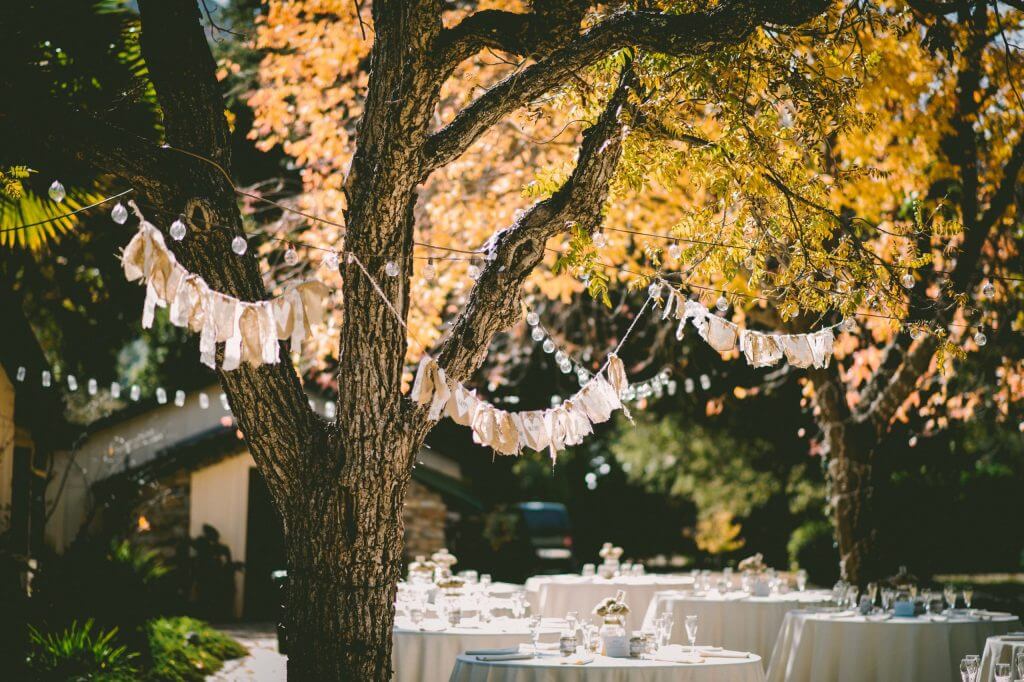Everyone loves witnessing the joy and excitement of two people engaged to be married. Shane and Emma were one such couple who exuded that kind of bliss. Emma had been through a divorce three years before, and in meeting and falling in love with Shane, she was so happy to have been granted a second chance at married life and having a family.
Since none of their family members were local, one of the guests at their engagement party asked where the wedding would take place and the bride-to-be responded, "We're actually having three weddings!" Surprised laughter and applause filled the room. "Shane's parents are in Indiana and my parents are in Florida, and my mother insists on us getting married down there, but traveling is hard on Shane's parents because of their ages, so, we're going to have a wedding in each location."
"When is the third wedding?" someone asked. The room hushed. "It's actually next week" Emma said softly. We've been waiting for my annulment to come through but it doesn't look like that will happen soon, so we'll be married on Saturday evening by a justice of the peace at that beautiful courtyard with the fountain downtown. Then, we'll have the "real" weddings later. The bride and groom kissed and polite applause followed. "A toast! To the bride and groom-to-be!"
Two myths
Shane and Emma were generously trying to come up with wedding plans that would accommodate everyone. But in doing so, they didn't realize that they were following two popular myths about marriage:
1. The Multiple Wedding Myth
Weddings are a time of great joy, and it's natural to want as many loved ones present to share in this joy as possible. Shane and Emma's desire to repeat a marriage ceremony for the sake of their loved ones is generous. But when a couple exchanges their vows and sacramentally forge their marriage bond, it cannot be repeated. They cannot re-marry themselves after they have forged this bond. Once they are married, they are married. Instead of repeating the wedding ceremony and their vows at different locations, a great way to bring the joy of their wedding day to those who could not be physically present would be to have multiple wedding receptions. The couple could show a video of their one wedding ceremony at the different receptions with their loved ones, and share their joy that way.
2. The Pre-Marriage At The Courthouse Myth
The joy of being engaged and soon-to-be-married can be overwhelming, and it's normal that a couple would want their lives together to begin as soon as possible. So, why is it important to wait until the annulment comes through?
First and foremost, a divorced Catholic is still considered married to their ex-spouse if he has not received a decree of nullity from a tribunal, and the tribunal must have reviewed his case and determined he did not have a valid or sacramental bond with his former spouse. Because of this, a divorced Catholic cannot validly marry in the Church. That means that being married by a justice of the peace in advance of a "real" wedding does not validate them as a married couple any more than a church wedding before receiving a decree of nullity would.
More importantly, the annulment process is not just an administrative process where forms are exchanged and signed off on. It is not simply a requirement one must fulfill, like obtaining a marriage license and providing other sacrament certificates. The annulment process serves to help the petitioner come to terms with and heal from past mistakes, while giving the Church the opportunity to determine if there was ever a valid marriage bond to begin with. So, there is no guarantee he will receive a decree of nullity. This means that making plans for marriage without having that decree of nullity is a gamble because it may not be granted, and therefore the wedding would have to take place outside the Church.
What if waiting to receive a decree of nullity was not an issue, and a couple just wanted to be married in a private ceremony before having a traditional wedding ceremony in front of hundreds of guests? A romantic thought, but for a marriage between two Catholics or a Catholic and a baptized non-Catholic to be valid, the couple must be married in the presence of a priest or deacon.
Why does the Church have these mandates?
The first and primary concern of the Church is to ensure that a couple has the best chance of bringing a valid and sacramental marriage into being, one that will last and be happy. So, couples can feel confident that in following these prescriptions of the Church, they are setting themselves up for success in marriage and a life of happiness.
Find Your Forever.
CatholicMatch is the largest and most trusted
Catholic dating site in the world.







